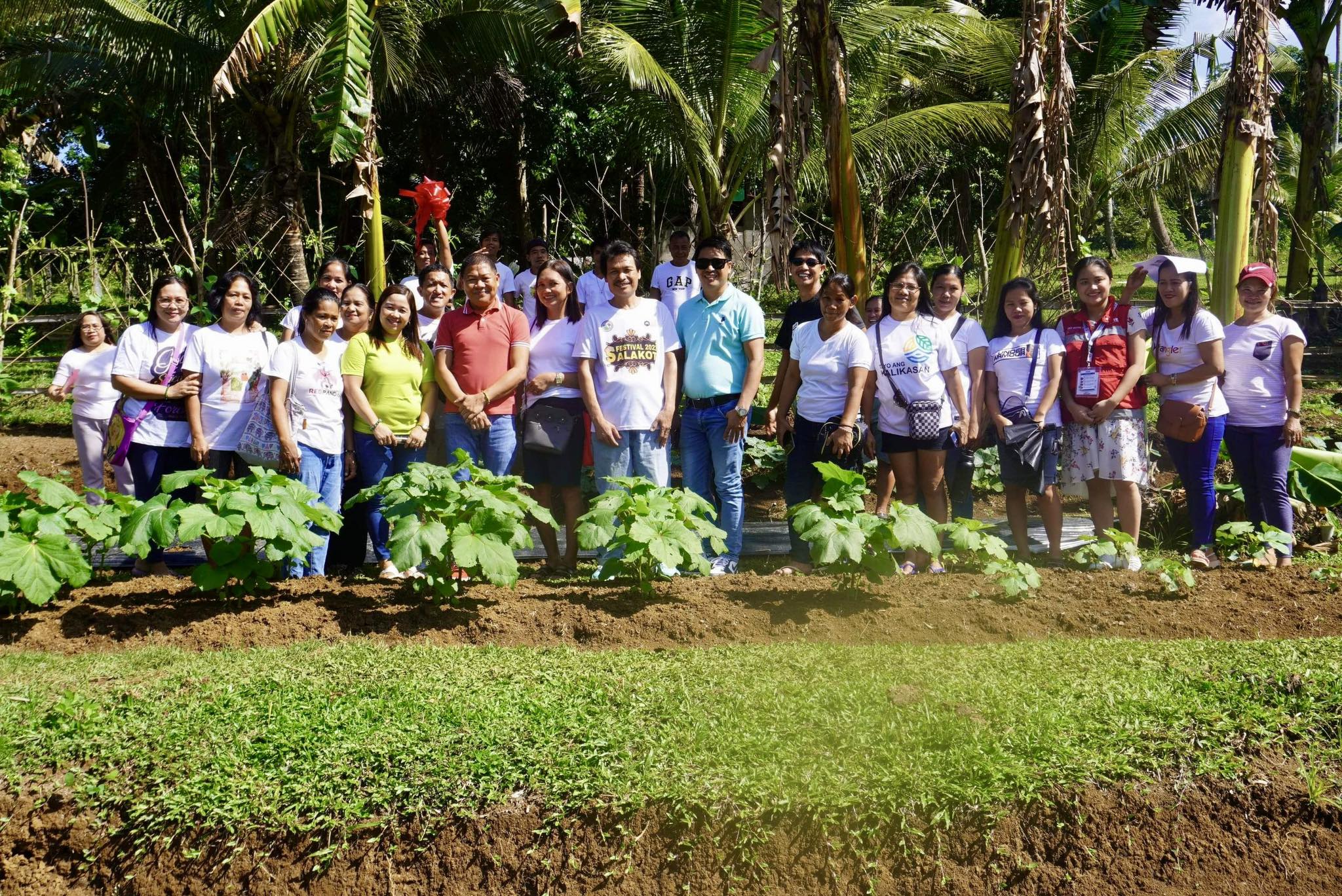
The Department of Social Welfare and Development (DSWD) Field Office 5 has officially commenced handing over the LAWA at BINHI projects to its recipient Local Government Units (LGUs) across the Bicol Region.
On June 19, 2024, DSWD FO V, through its Risk Resiliency Program (RRP) Project Development Officers, turned over 10 project sites of Project LAWA at BINHI to 462 partner-beneficiaries in the Municipality of Castilla in Sorsogon.
These partner-beneficiaries also underwent the last stage of the program implementation, a 2-day Cash-for-Training (CFT) and Workshop on Project Sustainability.
The workshop equips the partner-beneficiaries with the necessary tools and knowledge to maintain and expand the project’s impact. Topics covered included sustainable farming practices, resource management, and community-driven development strategies.
During the turnover ceremony, the stakeholders and partner-beneficiaries pledged and signed their commitment to sustainability and to further develop the program in their community.
Present during the ceremony were the Local Chief Executive of Castilla, Mayor Isagani Mendoza, and other key officials of the LGU, showing their commitment and support for the successful implementation of the program in their municipality.
“Malugod kaming nagpapasalamat sa DSWD para sa napakagandang programang ibinahagi nila sa ating mga kababayan. Makakaasa kayo sa aming buong pusong suporta upang maging mas matagumpay pa ang programang ito,” Mayor Mendoza stated.
The Project LAWA at BINHI program implementers have also scheduled Stage 3 Implementation and turnover to other recipient LGUs in the following days.
Project LAWA at BINHI, or the Local Adaptation to Water Access and Breaking Insufficiency through Nutritious Harvest for the Impoverished, initiated by DSWD Secretary Rex Gatchalian, aims to strengthen the adaptive capabilities of poor and vulnerable families during severe drought and mitigate food insecurity and water scarcity caused by the El Niño phenomenon.
This initiative also aims to address and prevent adversities and challenges that may be caused by La Niña and establishes long-term solutions to mitigate the impact of water scarcity and food insufficiency on vulnerable communities during disasters.###
